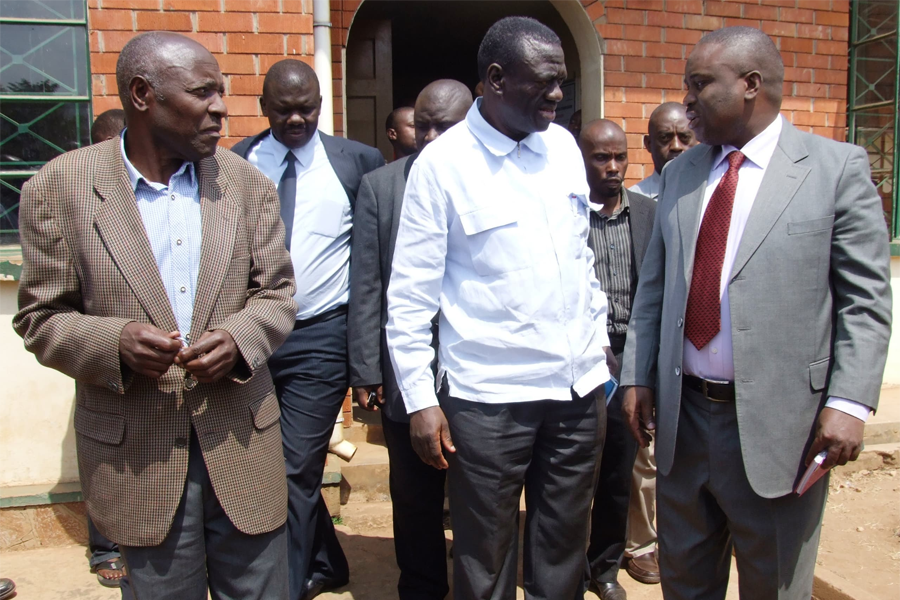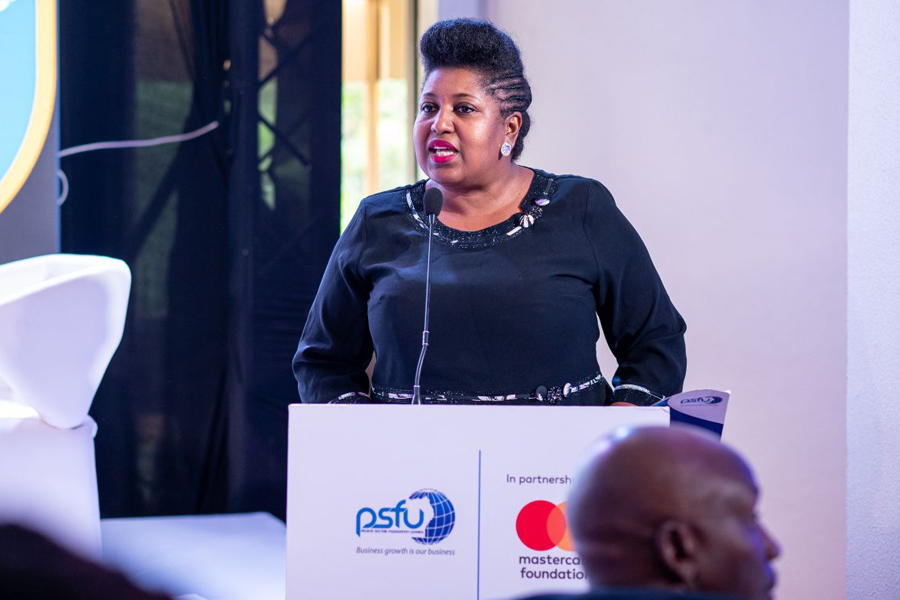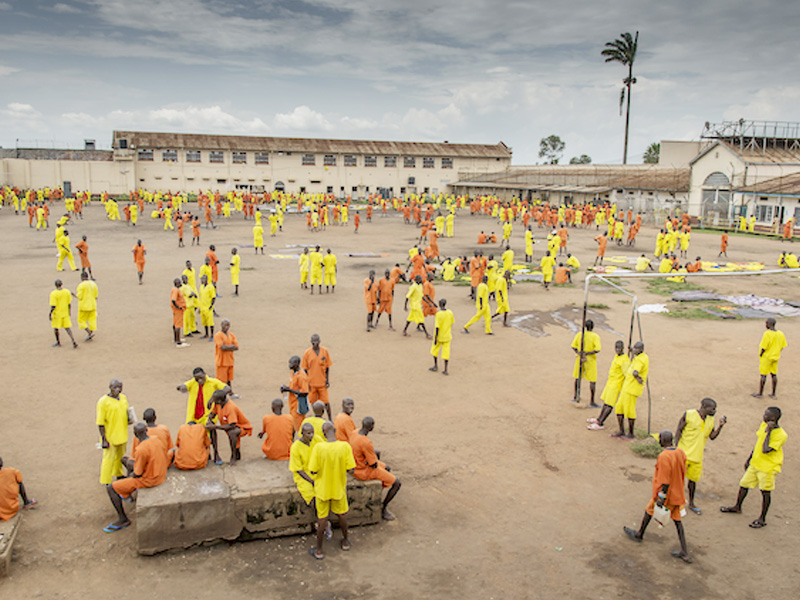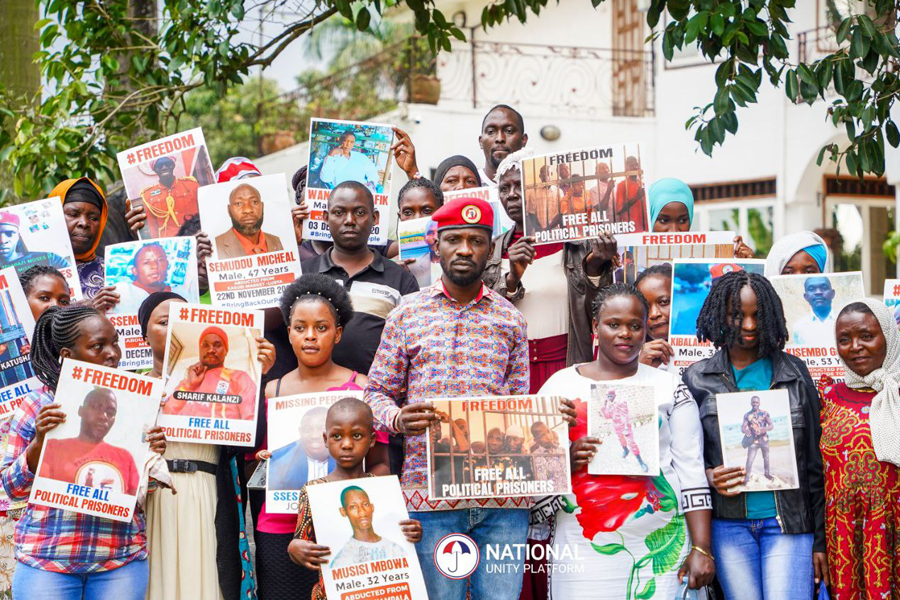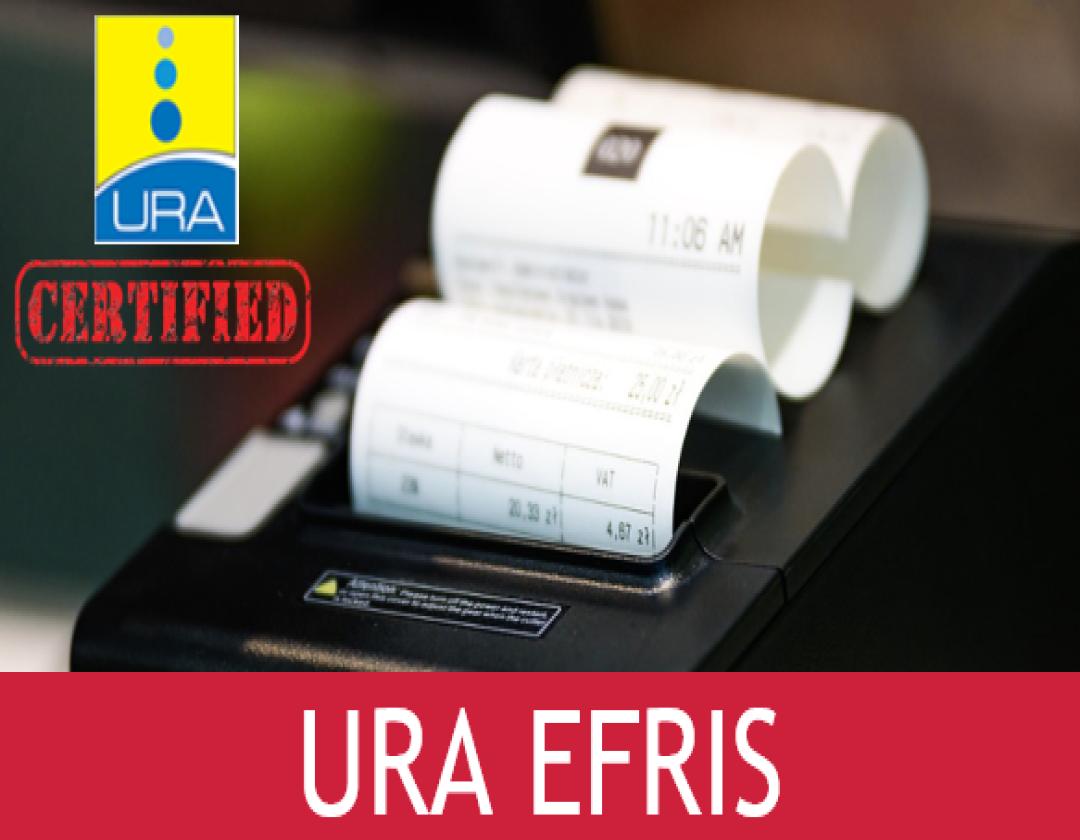Opinion: Having babies through egg donation
Arthur Matsiko
When we are growing up, the fantasy is that at a certain stage in life, you find a partner whom you marry. We all know the ultimate fruit of marriage is a child or children.
So, we dream of getting married to the love of our life, make love, get pregnant and have a baby or babies after nine months. Although this is the journey most couples endure, the family building story is different to some.
There are cases where a young couple, in their twenties, get married and have regular sexual intercourse but fail to obtain a pregnancy. Usually after a year, anxiety creeps in. About three weeks ago, a woman called and told me she had frequently missed her period.
Five years in marriage, they waited for a baby in vain and had never sought medication.
In our interaction, she revealed she did not know there is treatment for infertility until she read some of my articles published here. She had hopes, dreams, and fantasy of a pregnancy.
However, she sounded disappointed with her expectations dismantled and shattered. After our emotional conversation, I referred her to Women’s Hospital International and Fertility Centre in Bukoto, Kampala.
After consultations and various scans by Dr Edward Tamale Ssali, this woman, whose name I will mask, was diagnosed with early menopause. At 28 she is no longer able to produce eggs.
This implies that she can never conceive naturally. In this era where there are daily advancements in assisted reproductive technologies (ARTs), everyone can have children. The problem, though, is that most people are still unaware of fertility treatment.
In our African communities, it is rather absurd some people still believe infertility is concomitant with cultural beliefs such as curses and witchcraft. It is also paramount to appreciate the fact that the human body comprises various systems which have specific functions.
And whenever any of these systems fails to execute its tasks, the person seeks medical intervention.
For example, if someone’s cardiovascular system gets diseased, the patient meets a cardiologist for management.
In the same way when the reproductive system fails to meets its obligations, central of which is to reproduce, the patient ought to meet a specialist (usually a fertility physician) for examination and treatment as opposed to shying away.
Some women learn they were born without ovaries, others are told their eggs are old (although the person is not old), others lose their ovarian function due to chemotherapy, while some realise they cannot produce eggs at some stage in life.
For such patients, the available and most recommended procedure to help them sire children is through egg donation.
You must realise that not so long ago (even to some people today), the idea that eggs could be transferred from one woman to another was inconceivable! However, it is a common practice in fertility treatment today.
Thousands of women have tasted the joy of motherhood through carrying donated eggs in their wombs.
Also referred to as collaborative reproduction, siring children through egg donation is both a medical and psychosocial journey that requires the concerned parties to be prepared psychologically since it involves lifelong consequences.
The last time I talked to our client mentioned above, she was yet to break the news to her husband, whom she believed would opt for egg donation.
Just as philosopher Joseph Campbell argues, this woman – and many more out there who are experiencing infertility – must give up the life they planned in order to have the life that is waiting for them. With ARTs, therefore, we can make families complete.
The author is Communications Officer, Women’s Hospital International and Fertility Centre, Bukoto-Kampala. marthur@womenshospital.net


